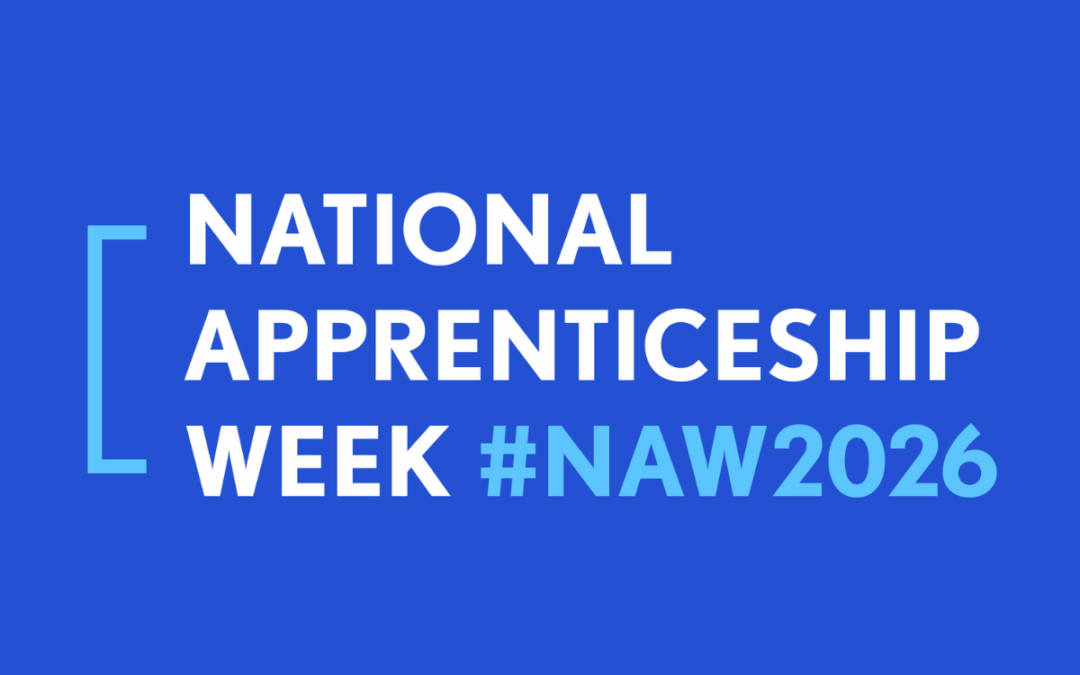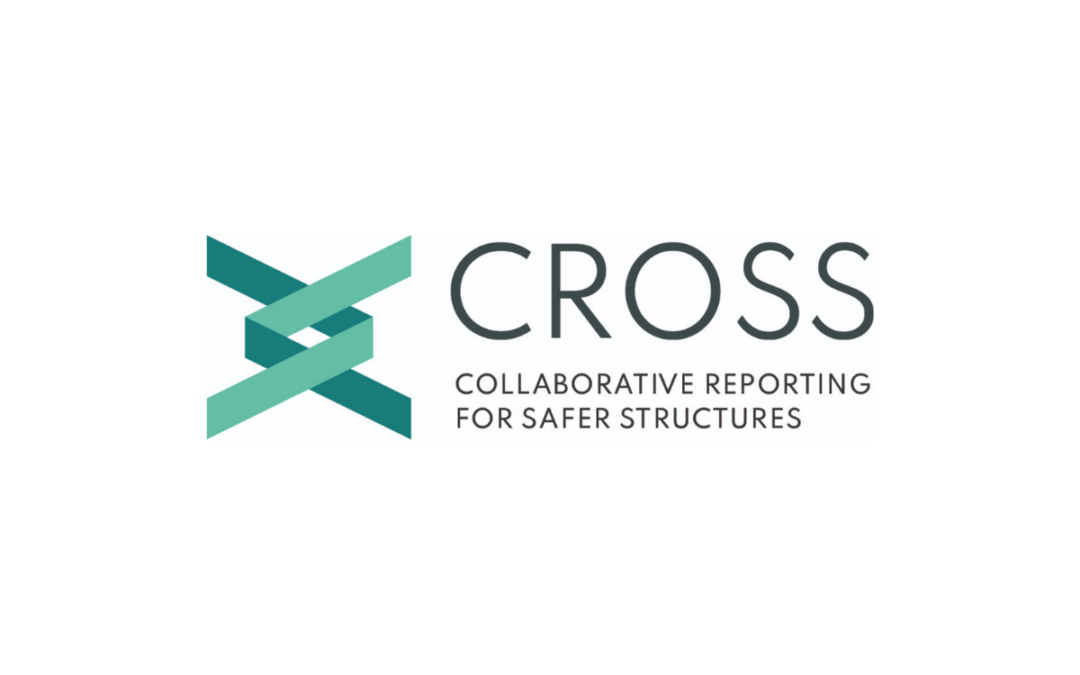
Highlighting the power of apprenticeships
Celebrating National Apprenticeship Week 2026
National Apprenticeship Week (NAW) 2026 is a week-long celebration during 9-16 February that highlights the boundless possibilities that can stem from apprenticeships.
FIS is committed to promoting the week and assisting all FIS members in their efforts to do the same. This year’s theme, “Skills for Life,” is a perfect opportunity to showcase the exceptional work done by our sector in training the next generation.
“Apprenticeships are a powerful tool for connecting people to meaningful careers and helping employers meet workforce demands,” said Beena Nana, FIS Head of Skills. “National Apprenticeship Week 2026 gives the sector the opportunity to celebrate our apprentices and encourage more individuals and businesses to explore apprenticeship as a pathway to success.”
The week will focus on the benefits apprenticeships can have on individuals, businesses, and local communities. We are calling on employers, training providers, individuals and communities to get involved by encouraging everyone to consider how apprenticeships can help to provide #SkillsForLife.
From virtual career fairs, myth busting talks, graduation ceremonies through to factory tours, the week has something for everyone. You will hear personal stories from apprentices and employers about their own journeys and experiences and why apprenticeships provide #SkillsForLife. We are keen to celebrate the diversity and value that apprenticeships bring to employers, apprentices and communities across England.
To support National Apprenticeship Week 2026 individuals, employers, training providers and communities can get involved by encouraging everyone to consider how apprenticeships can help build #SkillsforLife. A toolkit is available to support the apprenticeship community with planning their activity for the week.
You can keep up to date with National Apprenticeship Week updates by following Apprenticeships on LinkedIn and use the hashtags #NAW2026 and #SkillsForLife on social media activity.
To find out more about apprenticeships, visit: www.apprenticeships.gov.uk and for more information on National Apprenticeship Week visit https://naw.appawards.co.uk/





